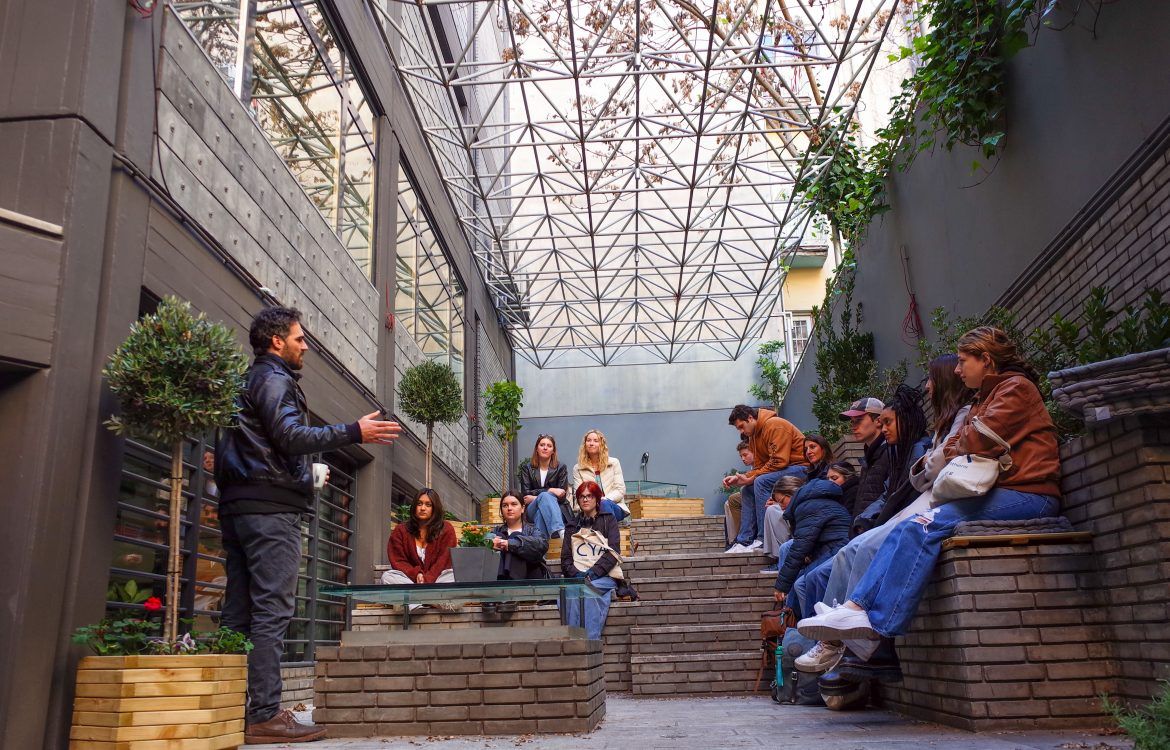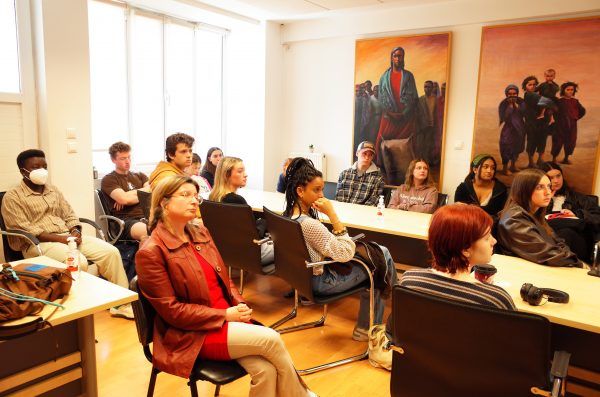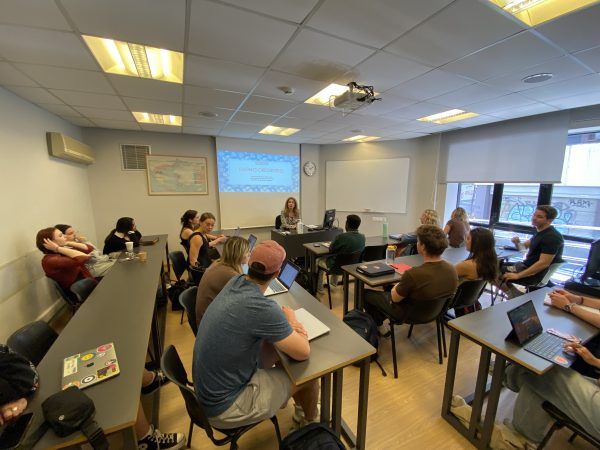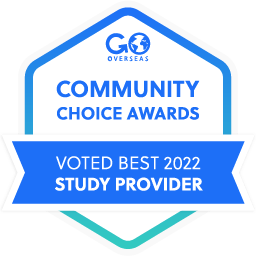
Psychology in the Post-pandemic Era, a CYA Course
The global crisis caused by the outbreak of COVID-19 has had far-reaching consequences on all aspects of human life. From health and economy to social dynamics and mental well-being, the pandemic has left an indelible mark on society. At the same time, the modern human being has to face other challenges like the anxiety caused by the escalation of the climate crisis, political uncertainty, and financial crises.
In light of these challenges, the field of psychology has played a crucial role in understanding and addressing the psychological impact they’ve had on individuals living today. CYA course “Psychology in the Post-Pandemic Era,” with CYA professor Eleni Koukouna, delves into the intricacies of psychological theory and helps students apply them to real-world events.

The course covers a broad range of topics, such as the psychological effects of prolonged isolation, grief, anxiety, and uncertainty, or the anxiety caused by the climate crisis. The students delve into strategies for coping with pandemic-related stressors, building resilience, and fostering psychological well-being. By learning about evidence-based practices and psychological processes, students gain experience with the tools needed in order to be able to assess, support, and guide individuals and communities on their journey to recovery.
“This class has helped to connect those dots when thinking about the way the pandemic affected us now and after. Not only can we see the mental and physical health implications but we can also see the way other issues have been amplified. Whether that is examining the way racism and racial microaggressions have continued to grow or the way the climate crisis somewhat subsided during the pandemic but has also now continued to rise as a global issue.”
Yazmine Gnanaratnam, Spring ‘23

The class has a significant amount of fieldwork. Students visit organizations and day centers that do work on the topics discussed in class. Students have the opportunity to engage in discussions, share experiences, and learn from field professionals. Later, in class, students work in groups to study the input they have from different field visits and readings.
“The group work we do is my favorite part of the class. We communicate with each other in groups of three before we share our thoughts with the whole class. Our professor, Eleni, is incredibly nice and keeps an open mind to what we have to say.”
Kaleb Mattson, Spring ‘23
By fostering a comprehensive understanding of the factors influencing mental health in the post-pandemic world, the course encourages students to think critically, study approaches to psychological healing, and develop tools that can prove valuable when working with individuals or groups during current or future crises.






